by Nelya Rakhimova
Translated by Jennifer Castner
A regular meeting of the Regional Forum on Sustainable Development under the United Nations Economic Commission for Europe (UNECE) took place 29-30 March. Attended by just over 1,000 people, this year the Forum focused on Sustainable Development Goals (SDGs) 6, 7, 9, 11б and 17. Russia’s invasion of Ukraine was less central to the event than it was in 2022. Nevertheless, the war remains extremely relevant for civil society representatives. In particular, civil society organizations and experts organized a discussion of the “Impacts of the invasion of Ukraine for SDG implementation in the UNECE region” as a forum side event.

Regional Forum on Sustainable Development (UNECE)
The Forum has taken place annually since 2016 when the “Agenda for Sustainable Development by 2030”, often known as “Agenda 2030”, came into force. The Forum invites participants from ECE-region countries to discuss the state of affairs for sustainable development and share the results of work done towards achievement of these goals.
In that context, the Forum presumes the active participation of civil society in all events. Civil society efforts during the gathering are coordinated by the Regional Civil Society Engagement Mechanism (ECE-RCEM).
Sustainable Development Goals address topics ranging from climate change and biodiversity conservation to human rights. Over the last year, discussions at the regional Forum have focused on the Russian invasion, as the war significantly influences implementation of SDGs both in Ukraine and in the region as a whole. However, while in 2022 speeches by representatives from almost all countries condemned the Russian Federation, in 2023 the statements were less harsh and called only for peace. Case in point, the Forum’s chairs quoted the preamble of the Agenda 2030 several times: “There can be no sustainable development without peace, and no peace without sustainable development.”
Webinar recording: Consequences of the war in Ukraine for the realization of SDGs
The “Impacts of the invasion of Ukraine on SDG implementation in the UNECE region” event attracted the most public attention. It was organized by the Coalition for Sustainable Development of the Russian Federation (CSD-RF) with the participation of the Ukraine War Environmental Consequences Work Group (UWEC Work Group) and with the support of ECE-RCEM. The event was also co-organized by the United States Mission to the UN and other international organizations in Geneva.
Despite that wide support, prior to the meeting’s start and in an effort to cancel it, representatives of Belarus’ mission (regime representatives, not democratic forces) registered an official diplomatic protest. As a result, the parallel session aroused great interest – over 50 people were in attendance. Events were held in three languages – English, Ukrainian, and Russian, and speakers discussed the situation in Ukraine, Belarus, and Russia.
Paul Stempel, Economic Officer at the United States Department of State opened the session. He spoke about how the war had impacted the state of affairs of Ukraine and in the world, noting the role of civil society in overcoming the crisis.
Representing UWEC Work Group, Oleksii Vasyliuk described Ukraine’s state of affairs. His speech focused on environmental issues related to military operations. Vasyliuk stressed that the damage caused and being caused to Ukraine’s ecosystems will definitely not be fully resolved in 2030, underscoring that these consequences are more long-term and that ecosystem restoration will take decades.
The situation in Russia was presented by the author of this article, Nelya Rakhimova, Chairperson of the Coalition for the Sustainable Development of Russia. She presented a report released in March this year by the Coalition on SDG implementation in Russia. In the report, 22 experts analyzed the state of affairs for all SDGs since the beginning of Russia’s invasion of Ukraine. In a departure from customary practice, the report’s authors refused to provide recommendations to the Russian state authorities related to achieving these SDGs, putting forward only one single recommendation: ending the war in Ukraine.
The report’s authors present a dramatically worsening situation in terms of Russia’s own sustainable development alongside its role as an aggressor country after a year of war.
From the authors’ perspective, the Russian Federation is no longer a legal state – its legal system is only capable of creating the appearance of law. In particular, military censorship is largely the law of the land, all independent opinion is illegal, and political opposition and civil society leaders are either pushed into exile or subjected to persecution.
Rejection of international human rights standards, exclusion from the Council of Europe, denunciation of international documents in the field of human rights all contribute to the rapid degradation of legal institutions. A course has been taken toward self-isolation and away from generally accepted legal norms at the global level, affecting the ability to achieve all SDGs.
For example, over the course of this past year a decade of Russian achievements in international cooperation in the clean energy sector were destroyed. Formally, Russia has not yet abandoned renewable energy support programs adopted before the invasion of Ukraine, but their implementation and, moreover, increasing renewable energy goals in the near future will be difficult. This results from the fact that partial destruction of ties with Western countries has significantly damaged interest in Russia’s energy transition, and access to technology has become more complicated while the cost of renewable energy projects has increased.
The event’s third speaker was Kristina Rikhter, a lawyer in the office of Belarusian political activist Sviatlana Tsikhanouskaya (sometimes written Svetlana Tikhonovskaya). Rikhter presented about the state of affairs in Belarus. In her speech, she emphasized that SDGs implementation was already in doubt even before Russia’s invasion of Ukraine, as the Lukashenka regime hindered the achievement of SDGs in a variety of ways, especially as related to protecting human rights. Russia’s invasion of Ukraine also impacted Belarus, given that its regime backed the invasion.
Rikhter expressed her own concerns about the decision to deploy tactical nuclear weapons in the country, where such a deployment will affect both international relations and the state of the environment. She also opined that it is currently not possible to negotiate with the Lukashenka and Putin regimes, at a time when international law defines both regimes as criminal and thus it would be seen as illegal to be seated with them at a negotiating table.
Civil society openness and collaboration
The event drew a great deal of attention from a number of diplomatic missions based in Geneva. This was partially due to limited discussion of the war overall at the Forum, this event being the only platform there for the issue. Civil society remains prepared to an open discussion of the war at a time when government representatives seek to avoid direct confrontation with Russia and its important role in the function of the UN’s Economic Commission for Europe.
In addition, this event also illustrated the potential for the cooperation of civil society in Ukraine, Belarus, and Russia. Community organization and expert openness and cooperation can play a key role in peace-building and restoring relations between those societies after the war is over.
Dr. Nelya Rakhimova is a public figure and analyst in the field of sustainable development. She is founder of the Open School for Sustainable Development, Coordinator of the Coalition for Sustainable Development of Russia, Board member for the UNECE Regional Civil Society Engagement Mechanism, and consults for UNDESA, UNDP, and UNSOC.

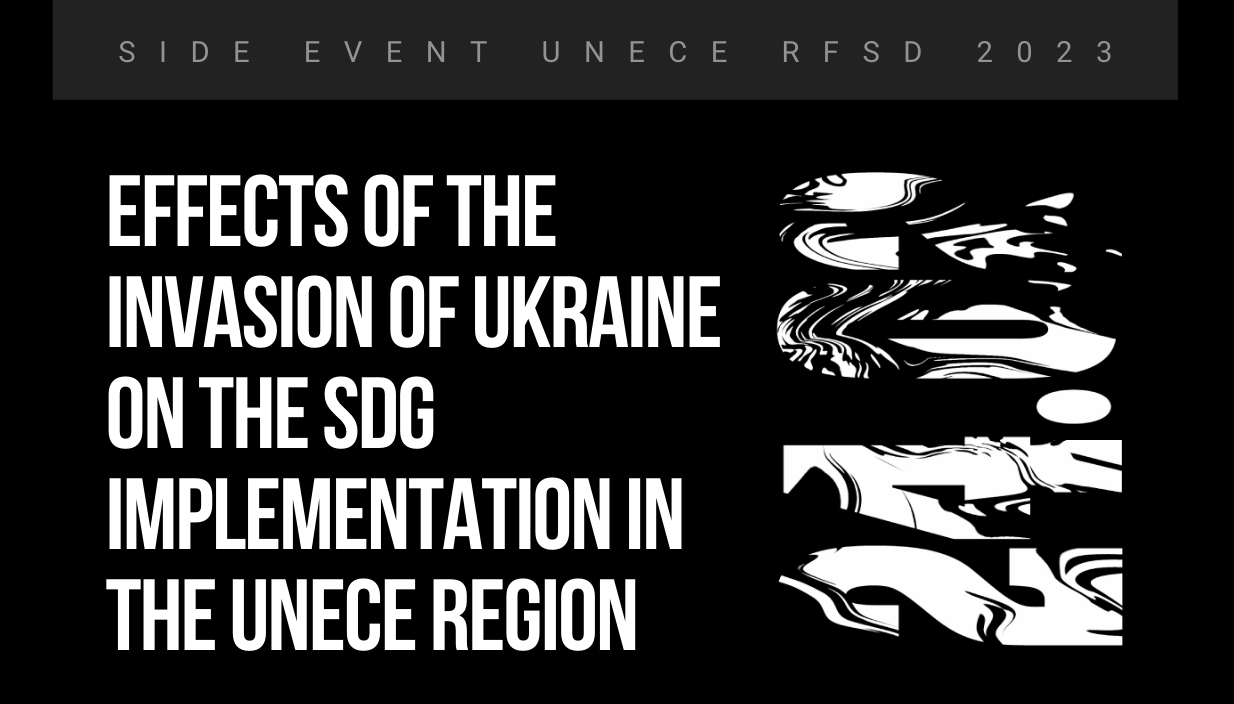

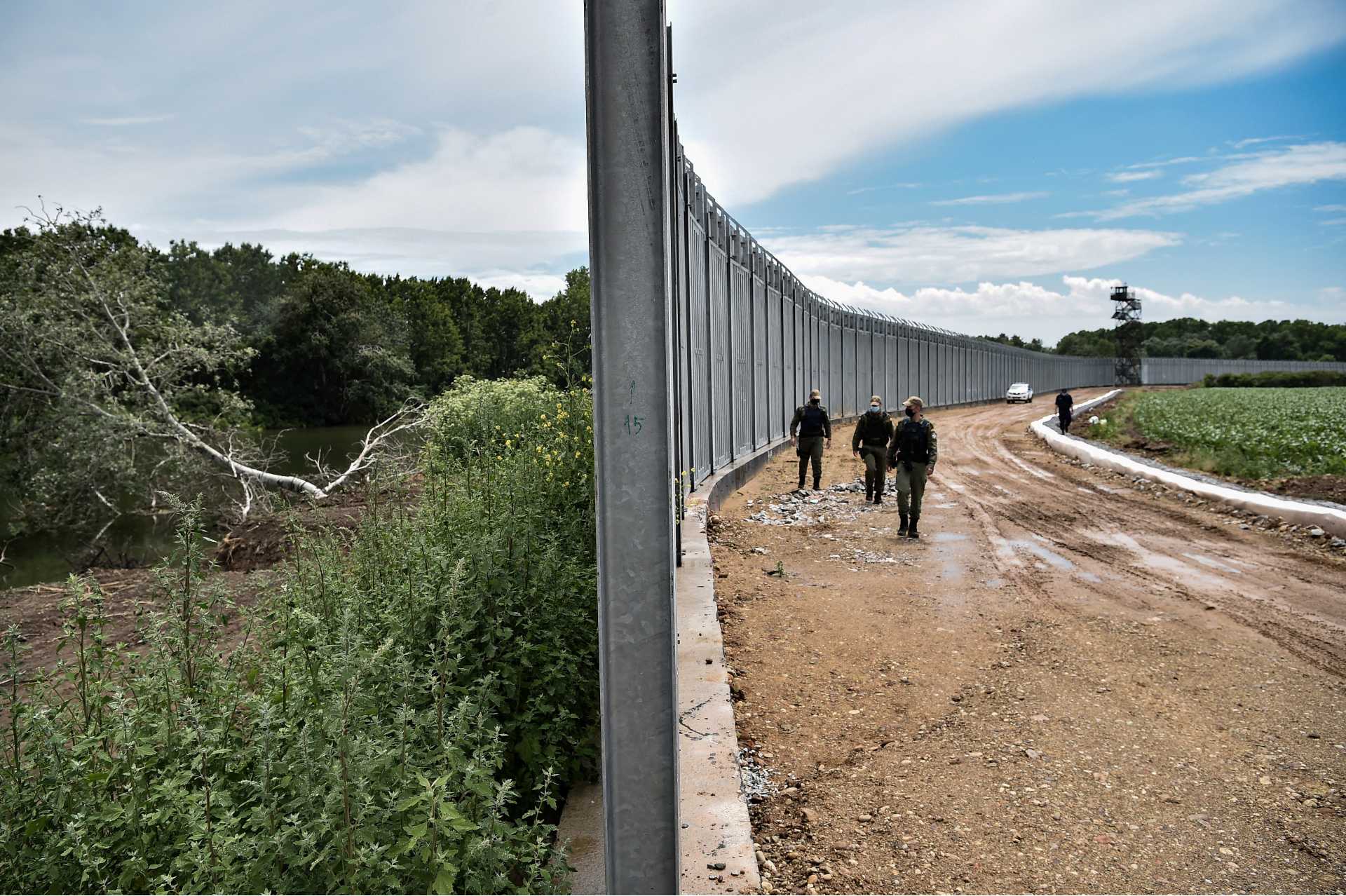
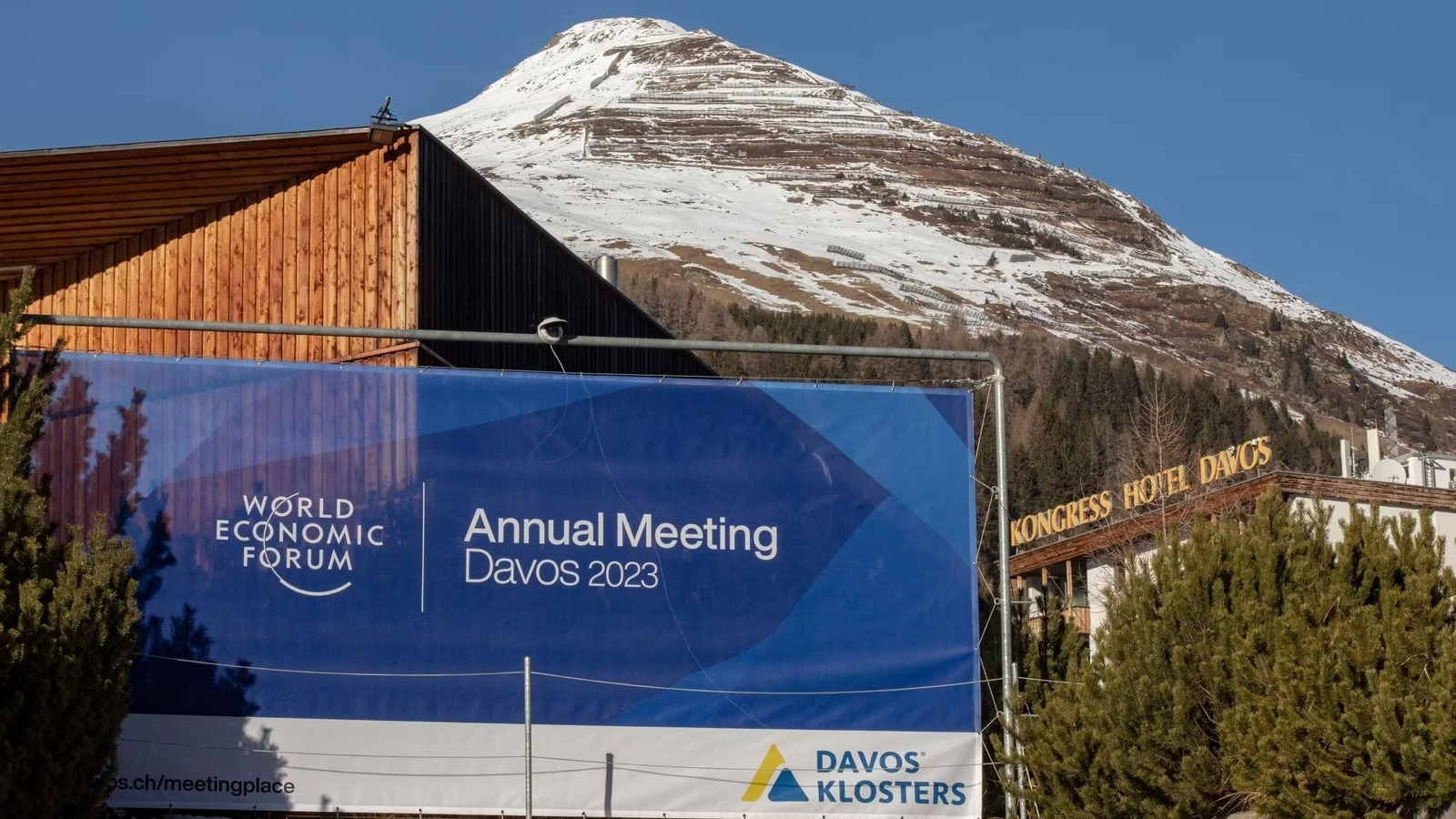
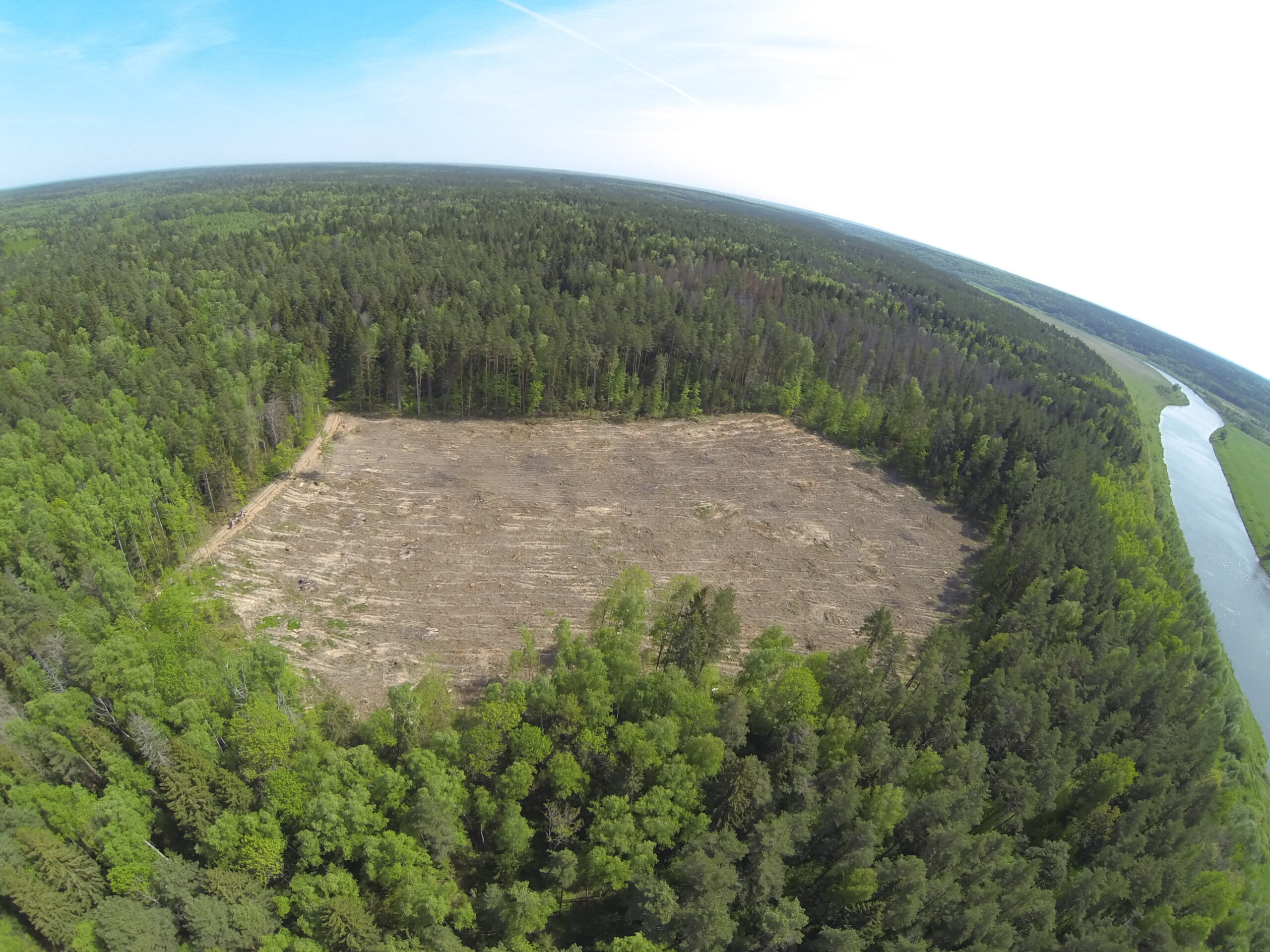
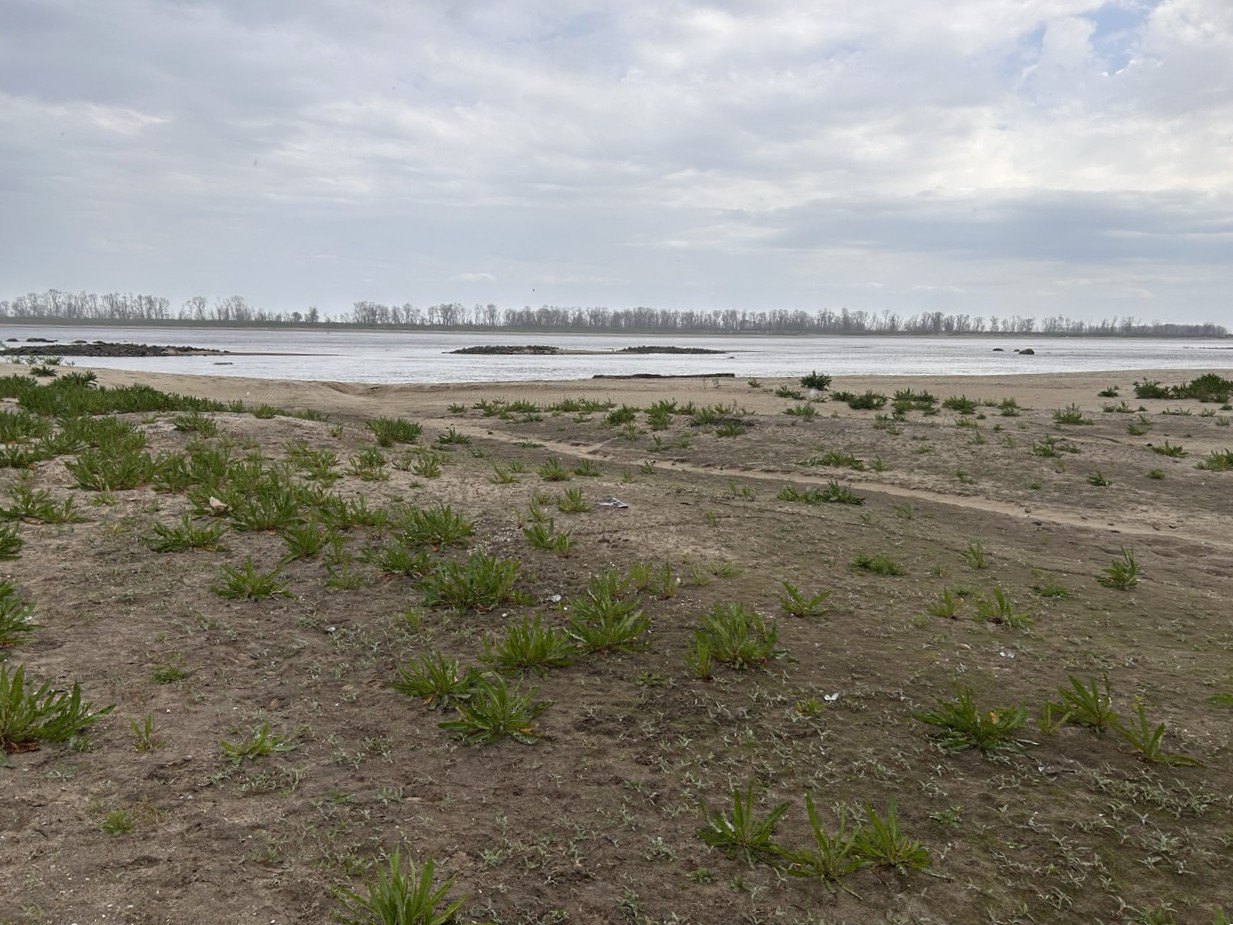
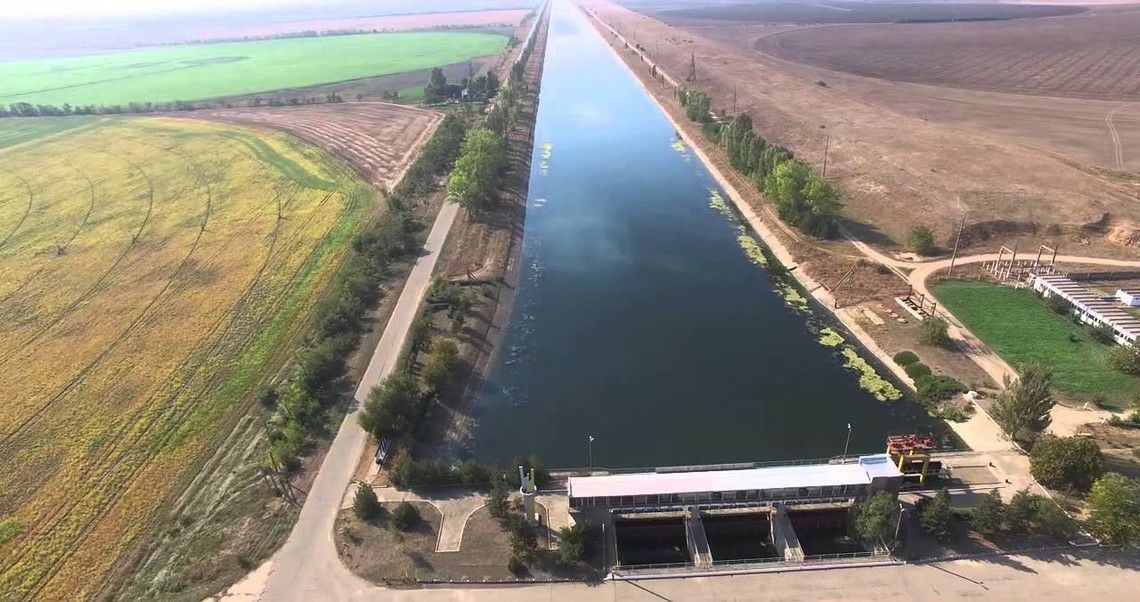
Comment on “War at the Regional Sustainable Development Forum”